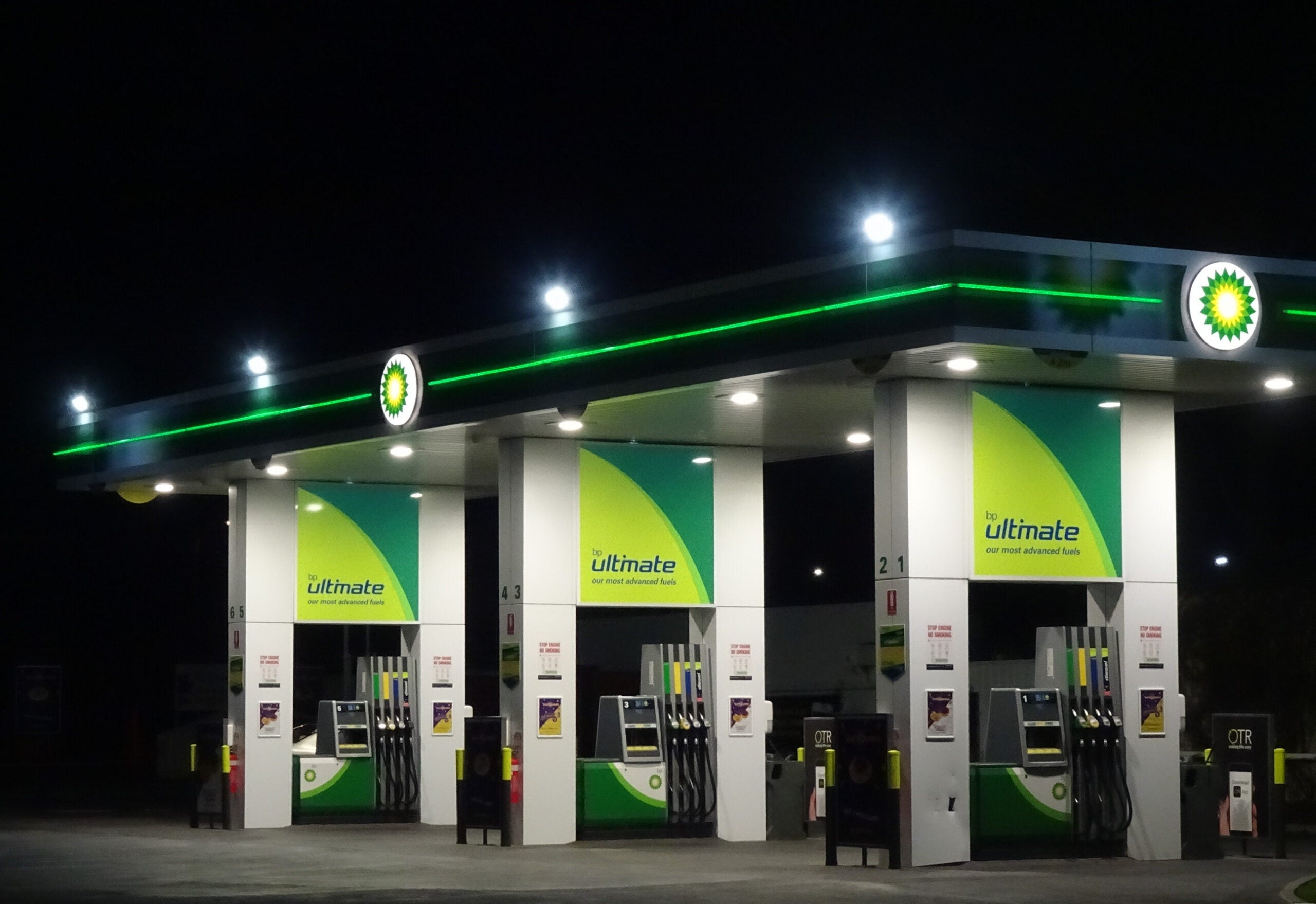
BP has had to close a “handful” of petrol stations affected by the fuel supply issues, due to a lack of unleaded and diesel fuel. The company insists it has plenty of fuel but too few delivery drivers to keep up with demand as petrol provision becomes the latest front in the country’s supply chain difficulties.
The company has said it was working hard to address the issues: “We continue to work with our haulier supplier to minimise disruption and to ensure efficient and effective deliveries”.
BP said in a statement that supply chain delays had been “impacted by industry wide driver shortages across the UK”.
BP accounts for 1,200 BP-branded petrol stations around the UK, of which 300 are operated by the company itself.
This comes a couple of months after BP had to close some of its UK sites in July because of lorry driver shortages. At the time, BP said its supply chain issues had also been exacerbated by the closure of a distribution terminal due to staff being told to isolate.
Paul Cheema, who’s run a petrol station in Coventry since 2013, told the BBC that he’s never experienced a situation like this before.
How well do you really know your competitors?
Access the most comprehensive Company Profiles on the market, powered by GlobalData. Save hours of research. Gain competitive edge.

Thank you!
Your download email will arrive shortly
Not ready to buy yet? Download a free sample
We are confident about the unique quality of our Company Profiles. However, we want you to make the most beneficial decision for your business, so we offer a free sample that you can download by submitting the below form
By GlobalData“We used to be able to put orders in for next day delivery. Now we have to do it a week in advance, but we’re ordering blind. We don’t know how much fuel we’re going to sell in that time. If we’ll have enough, or even too much,” said Cheema.
In the last couple of weeks, fuel delivery delays have increased compared to all summer, according to Cheema.
He said: “We’re a petrol station. We should have availability 24 hours a day, 7 days a week. I’m not blaming our fuel supplier. It’s not their fault. It’s the bigger driver shortage problem behind it. There could be a 40% impact on sales with this week’s delivery problems. If I haven’t got any liquid in the ground, I’m not making money. I can’t operate the site at a loss.
“If I haven’t got fuel to sell, that customer isn’t coming into my petrol station shop either, so I’m losing money there too.”
A spokesperson for the Petrol Retailers Association told the BBC that petrol station closures were rare, and that the fuel supply chain was resilient enough to cope: “Fuel demand is still only at 92% of pre-pandemic levels so we believe there should be ample stock available at refineries and delivery terminals throughout the UK.”
The shortage of lorry drivers has been causing serious supply chain problems and Logistics UK said that it is a serious issue that “needs urgent government and industry action to resolve. However, we urge people not to panic-buy; the logistics industry is resilient and has proven capable of supporting shops, families, and businesses during Covid-19, border closures, and the first stages of Brexit, and will continue to serve the needs of the nation”.
Esso has reportedly been affected by the shortage and said “a small number” of its Tesco Alliance forecourts were impacted.
Esso said: “A small number of our 200 Tesco Alliance retail sites are impacted. We are working closely with all parties in our distribution network to optimise supplies and minimise any inconvenience to customers. We apologise to our customers for any inconvenience”.







